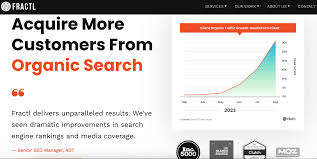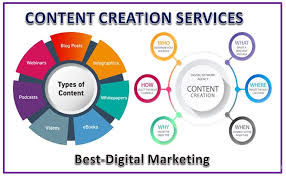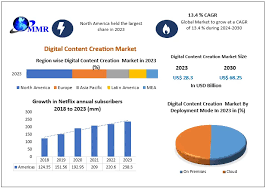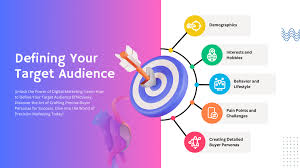Elevate Your Online Presence with Social Media Content Creation Companies
Social Media Content Creation Companies: Elevating Your Online Presence
In today’s digital age, social media has become a powerful tool for businesses to connect with their audience and showcase their brand. One key aspect of a successful social media strategy is engaging and high-quality content. This is where social media content creation companies play a crucial role.
These companies are dedicated to helping businesses elevate their online presence through compelling and relevant content tailored for various social media platforms. From eye-catching graphics to engaging videos and informative articles, social media content creation companies offer a range of services to meet the diverse needs of businesses looking to make an impact in the digital space.
By partnering with a social media content creation company, businesses can benefit from professional expertise in creating content that resonates with their target audience. These companies have a deep understanding of social media trends, algorithms, and best practices, enabling them to craft content that drives engagement, increases brand visibility, and ultimately leads to conversions.
Moreover, social media content creation companies can help businesses save time and resources by taking care of the entire content creation process – from ideation and creation to scheduling and monitoring performance. This allows businesses to focus on other aspects of their operations while ensuring a consistent and effective online presence.
Whether you are a small start-up looking to build brand awareness or an established company aiming to enhance your social media strategy, partnering with a social media content creation company can provide you with the expertise and creativity needed to stand out in the crowded digital landscape.
So why not take your social media presence to the next level by enlisting the help of a reputable social media content creation company? Invest in quality content that speaks volumes about your brand and resonates with your audience – the results will speak for themselves.
Understanding Social Media Content Creation Companies: Top Collaborators, Leading Employers, and Industry Insights
- What companies work with content creators?
- What is the best company to work for content creators?
- Who creates social media content?
- What is a content creation company?
What companies work with content creators?
Many companies across various industries work with content creators to enhance their online presence and engage with their target audience effectively. From small businesses to multinational corporations, the demand for high-quality content has led to collaborations with content creators who possess the skills and expertise to produce engaging and relevant material. Companies in sectors such as fashion, beauty, technology, travel, and more actively seek partnerships with content creators to create authentic and compelling content that resonates with their audience and drives brand awareness. By leveraging the creativity and influence of content creators, companies can elevate their marketing efforts and establish a strong digital presence in today’s competitive landscape.
What is the best company to work for content creators?
When it comes to finding the best company to work for as a content creator, it ultimately depends on your individual goals, interests, and skill set. Different companies offer unique opportunities and environments for content creators to thrive. Some may prioritise creativity and innovation, while others may focus on specific industries or types of content. Researching and exploring various companies in the field of content creation can help you identify the one that aligns best with your career aspirations and values. Remember to consider factors such as company culture, growth opportunities, support for professional development, and alignment with your personal creative vision when determining the best fit for your content creation career.
Who creates social media content?
In the realm of social media content creation, the question of “Who creates social media content?” is a common query that many businesses and individuals ponder. Social media content is typically created by a team of professionals within a social media content creation company. These experts include content creators, graphic designers, videographers, copywriters, and strategists who collaborate to develop engaging and impactful content tailored to the specific needs and goals of their clients. By entrusting the creation of social media content to skilled professionals, businesses can ensure that their online presence is compelling, relevant, and aligned with their brand identity.
What is a content creation company?
A content creation company is a specialised agency or service provider that focuses on developing and producing engaging and relevant content for various digital platforms, particularly social media. These companies work closely with businesses to understand their brand identity, target audience, and marketing objectives in order to create tailored content that resonates with the audience and drives engagement. From crafting compelling copy to designing eye-catching visuals and producing captivating videos, a content creation company plays a vital role in helping businesses enhance their online presence, build brand awareness, and connect with their customers effectively in the competitive digital landscape.











